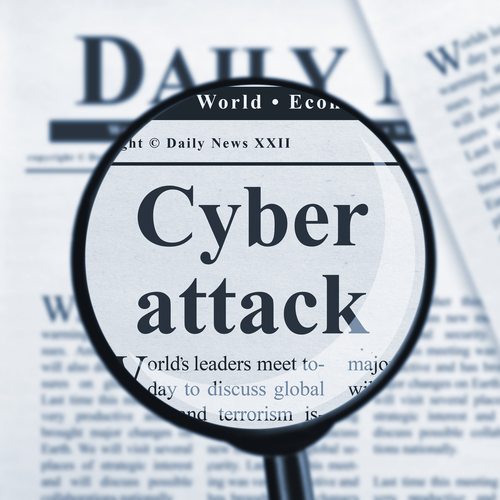The Amazon billionaire Jeff Bezos had his mobile phone “hacked” in 2018 after receiving a WhatsApp message that had apparently been sent from the personal account of the crown prince of Saudi Arabia, as reported by the Guardian. The encrypted message from the number used by Mohammed bin Salman is believed to have included a malicious file that infiltrated the phone of the world’s richest man, according to the results of a digital forensic analysis.
A United Nations expert said Jeff Bezos’ experience should sound alarms because even with his wealth and resources, it took months of investigation by specialists to figure out what had happened. “It basically means that we are all extremely vulnerable." https://t.co/WYHRxWj4ps
— The New York Times (@nytimes) January 23, 2020
The opinions expressed in this post belongs to the individual contributors and do not necessarily reflect the views of Information Security Buzz.



